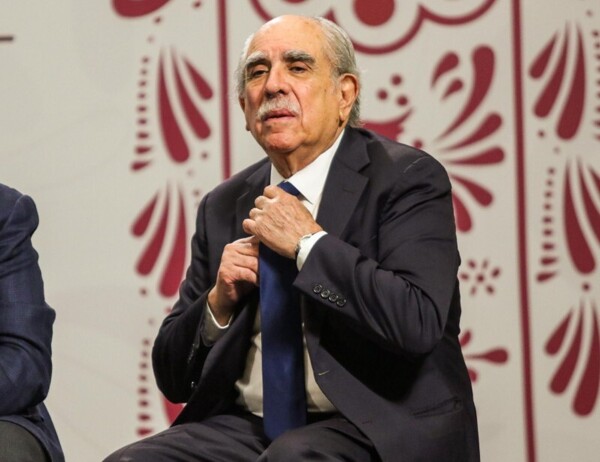
The imposition of a 25% tariff on Mexican exports to the United States, announced by President Donald Trump and which came into effect on March 4, puts Mexico in a high-risk economic scenario that could lead to a recession, warned Gabriela Siller, director of Economic and Financial Analysis at Grupo Financiero BASE. In a published message, Siller explained that the magnitude of the economic impact is considerable due to Mexico's strong dependence on the U.S. market: "With the tariff, it is very likely that Mexico will fall into recession. Otherwise, it will only harm consumers and companies in Mexico."
The National Conference of Governors (Conago), made up of state governors from the 32 entities, expressed its rejection of the U.S. government's decision to impose tariffs on Mexican exports. On March 3, the 25% taxes on Mexican products imposed by President Donald Trump came into effect. According to Conago, this measure will negatively impact the economies of both Mexico and the United States, affecting trade, investment, and employment in multiple sectors. Mexico and the United States have built a trading relationship based on the integration of production chains and the principles of free trade established in the USMCA. The imposition of tariffs undermines these agreements and generates uncertainty in the markets, putting at risk the competitiveness of North America as an economic bloc.
The uncertainty generated by the tariffs has already reflected in the financial markets. The USD/MXN exchange rate began the day with a strong depreciation, reaching 20.95 pesos per dollar, an increase of 1.29% in a matter of hours. President Donald Trump justified the imposition of tariffs by arguing that Mexico, Canada, and China have not done enough to curb the trafficking of fentanyl into the United States and have not adequately controlled the migratory flow. President Claudia Sheinbaum announced that her government will officially respond next Sunday, March 9, after consulting with the productive sector and evaluating possible scenarios.
The risk of a recession is particularly sensitive for Mexico, whose economy has faced moderate growth since 2023. 83% of Mexico's exports go to the U.S., and 26.7% of Mexico's GDP depends directly on exports to the U.S. Conago reaffirms that Mexico is a strategic partner for the growth of North America, and unilateral measures like this affect not only the country but millions of families and businesses on both sides of the border. The governors of Mexico reaffirmed their commitment to the economic development of the 32 entities and the stability of the bilateral relationship with the United States. Over the past two years, exports have been one of the main economic drivers, boosted by the phenomenon of reshoring or nearshoring.
Finally, they called for national unity at this key moment, reiterating that Mexico will continue to be a reliable, competitive partner willing to defend its interests firmly and responsibly. Expert Gabriela Siller warned that next week, on Wednesday, March 12, the 25% tariffs on Mexican steel and aluminum will come into effect, further increasing pressure on the manufacturing sector. This measure could have a cascading effect that affects everything from industrial employment to consumer prices.














